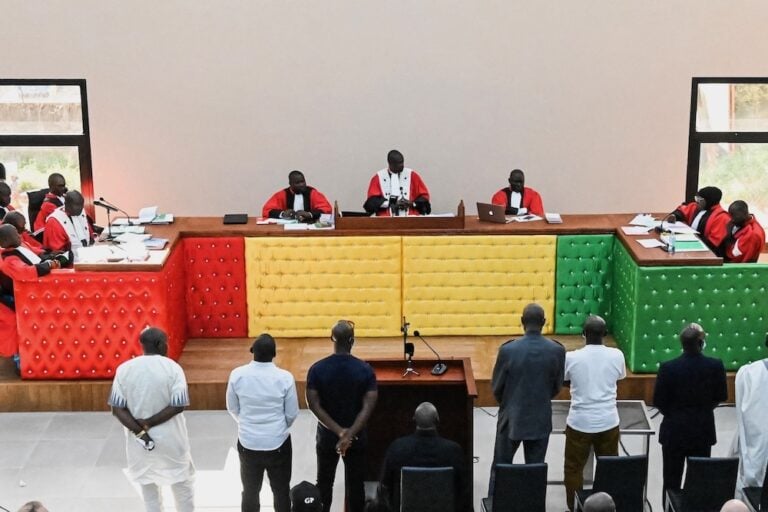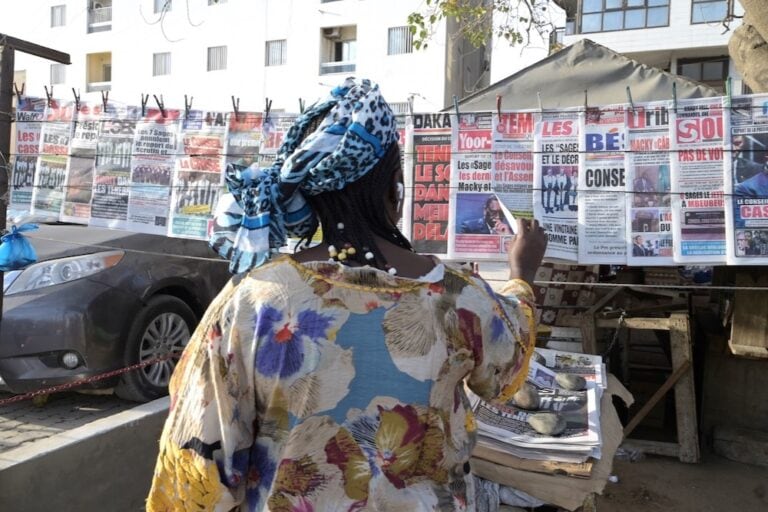Senegal's newly passed media law still upholds criminal sanctions for spreading of fake news and defamation.
This statement was originally published on rsf.org on 8 January 2021.
Reporters Without Borders (RSF) urges Senegal to amend certain draconian provisions in its new press code, which President Macky Sall finally signed into law on Wednesday, three years after its adoption, because these amendments would allow this West African country to become a regional press freedom powerhouse.
The new press code now in effect maintains penalties of up to two years in prison for defamation and three years in prison for publishing “fake news” liable to “prejudice public decency” or “discredit public institutions.”
At the same time, news media editors who cannot demonstrate at least seven years of journalistic experience and publishers who cannot demonstrate at least ten years of experience could be sentenced to up to a year in prison under article 194 of the new code.
“Maintaining long jail terms for many ordinary press offences or for failing to have what is deemed to be sufficient experience to occupy senior media positions poses major threats to journalism in Senegal,” said Assane Diagne, the director of RSF’s West Africa office.
“It is fortunately rare for such penalties to be imposed but, even so, their presence in the new legislation is an anachronism in a country that could aspire to be a regional press freedom powerhouse. In an age of rampant disinformation, we ask the authorities to amend the law in order to protect those whose job is to provide to reliable, quality reporting.”
Senegal should also amend article 192 of the new law, under which certain officials such as a governor or prefect can close a media outlet under “exceptional circumstances” such as a threat to state security or on the grounds of inciting hatred. Until now, the official had to seek a judge’s approval after more than 48 hours, but this is no longer the case.
The requirement for media editors to have at least seven years of experience and publishers to have at least ten years of experience is particularly worrying in the case of online media. Very few news sites can claim to comply with these requirements. Senegal’s Online Press Association (APPEL), which has 55 members, asked for these requirements not to be applied to existing online media outlets, but their request was ignored.
Senegal is ranked 47th out of 180 countries in RSF’s 2020 World Press Freedom Index. Like Cabo Verde, Ghana and Burkina Faso, it is one of the West African countries where RSF classifies the situation as “fairly good.”



